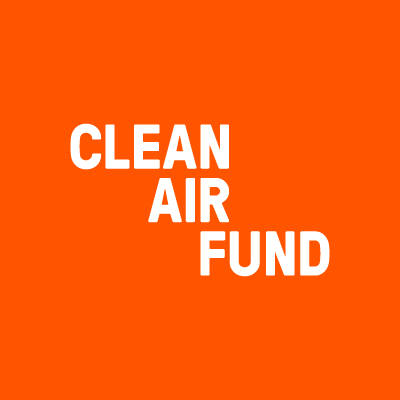Clean air, healthier lives
February 3, 2020

Every child around the world should have the chance to grow up with fresh, clean air to breathe. And by supporting the Clean Air Fund, the IKEA Foundation is helping to accelerate climate action and improve public health by tackling air pollution in Asia and Europe.
Bad air quality leads to serious effects
Globally, 9 out of 10 people are affected by air pollution caused by transport, electricity generation, and industrial emissions. This often leads to serious consequences – poor air quality is a contributor in nearly 8% of deaths globally, and has an especially grave effect on children’s health.
Our work with the Clean Air Fund supports activities such as annual Clean Air Days, which raise awareness of the risks of air pollution and encourage behaviours that lower emissions. By working together, we can all help protect the planet and create a better everyday life for everyone.
Actions you can take yourself to improve air quality:
- Choosing zero carbon modes of transport like walking and cycling
- Choosing public transport instead of a private vehicle
- Ensuring your home is well insulated
- Choosing energy providers that use renewable sources of energy
- Buying locally sourced products
Tips on what to do in an air polluted area
- Consider your location and route. If you have the choice, walk through parks, public spaces and trails with low emission zones as much as possible. Greenspaces contribute to our health and well being
- Keep a healthy distance from the road. Studies have shown that air pollution levels are higher on busier roads, but that the amount of pollution drops in line with how far away you are from a road.
- Move around vehicles. Walking behind cars, scooters etc. make you breathe in very high levels of pollutants that can be harmful to your lungs. So keep your distance.
- Avoid busy roads with high buildings. Air pollution tends to get trapped within roads with tall buildings on either side, so this type of road usually has poor air quality and should be avoided.
- Check the air quality index of the day. Actual air pollution levels depend on the type of pollutant, the location and local weather. Try to find a service that is specific for your location. You can find Europe-wide air quality reports here.
- Check the weather forecast. Air pollution tends to be at its highest on hot, sunny days, while the air tends to be cleaner after rainy or windy weather.
- Avoid rush hours. Choose an alternative, quieter route or another time to be active.
- Choose healthy travel options. Driving a car to get around contributes to the air pollution problem. Why not consider using public transport, or ‘taking the active option’ and walking or cycling. These options will help you to reach your daily physical activity goals, while contributing to a cleaner environment.
- Avoid exposure to indoor air pollution and second-hand smoke. It is worth considering potential pollutants in this environment and how you can protect yourself from them. Vacuuming, and using cleaning products and air fresheners may reduce air quality, so try to avoid exercise immediately after cleaning.
- Be active! Do not be afraid to be active and exercise – environmental and lung health experts agree that the health risks associated with breathing in air pollution while exercising are less significant than those of an inactive lifestyle.
(source: NCBI)





